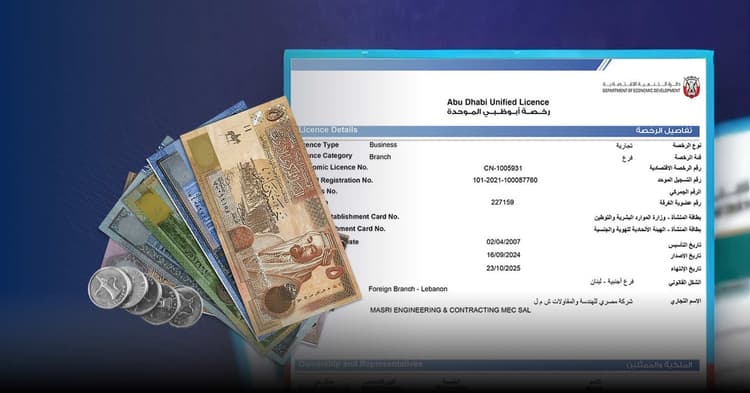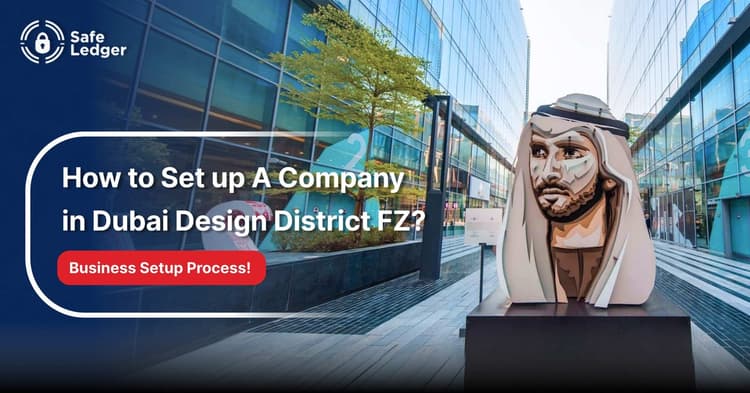In the UAE, the Marriage Power of Attorney (POA) plays a vital role in navigating both legal and cultural requirements, particularly in marriages governed by Sharia law. When key individuals such as the bride, groom, or guardian cannot be physically present, the POA becomes essential to keep the marriage process moving. It helps avoid delays, ensures compliance, and provides a lawful path forward.
This legal mechanism is especially significant as it aligns with Federal Law No. 28 of 2005 (Personal Status Law for Muslims), which outlines the conditions and formalities required for valid marriages in the UAE. Here’s why it is so important:
1. Legal Requirements in Sharia Marriages
In Sharia-based marriages, the presence of a Wali (legal male guardian of the bride) is mandatory for the marriage contract to be valid.
- A Marriage Power of Attorney (POA) in the UAE enables the Wali to entrust his authority to a reliable individual.
- Without this delegation, the marriage process (Nikaah) cannot legally proceed.
2. Support for Civil Marriage Procedures
Civil marriages in the UAE, particularly for non-Muslims, also recognize the need for representation when one party is unavailable.
- A power of attorney for marriage in UAE can authorize someone to act on behalf of the bride or groom.
- This enables marriages to take place even when one party is outside the country.
3. Avoids Delays and Legal Complications
Missing or delayed marriage ceremonies can cause significant legal and personal stress.
- A properly drafted marriage POA UAE ensures that marriage plans are not derailed by unforeseen events.
- It offers legal certainty and peace of mind.
4. Essential for Expatriates
Many expatriates living in the UAE face logistical challenges when arranging marriages.
- A power of attorney marriage in UAE allows remote coordination of legal requirements.
- It’s a crucial tool for those unable to fly in or attend appointments due to work or personal reasons.













